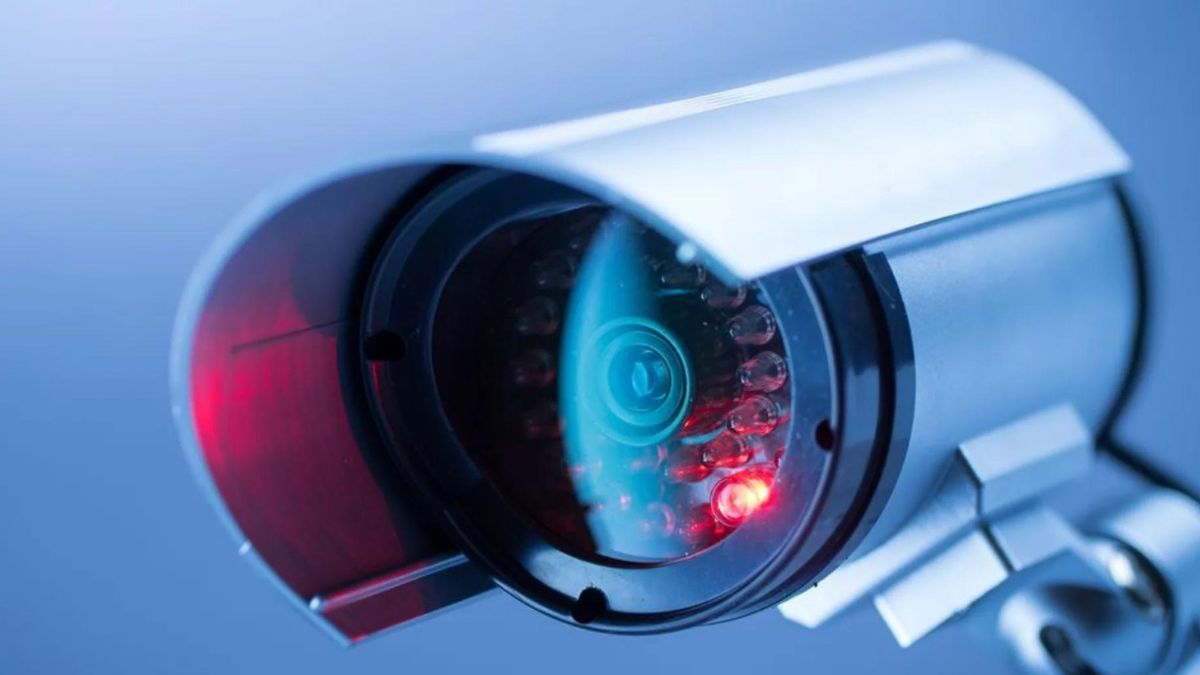In the ever-changing world of technology and retai...
news-extra-space

This is an unjustifiable, widespread use of AI-driven mass surveillance. It is commonly known that the use and development of AI by both commercial businesses and government agencies in the European Union endangers human rights. Migrants, Black people, and other marginalized groups suffer as a result of the usage of technology. In an open letter initiated by the European Center for Not-for-Profit Law, 38 civil society organizations, including Amnesty International, have called on French policymakers to reject the draft legislation allowing invasive surveillance, as it would pose a monumental threat to fundamental rights and freedoms. The proposed legislation would subject spectators traveling to sporting events in Paris to unjustified surveillance, including drones programmed to look for "abnormal or suspicious" conduct in crowds and ubiquitous fixed CCTV cameras. We must oppose such unduly broad conceptions and pose the following critical inquiries to ourselves: Who decides what constitutes "normal" behavior? A stifling effect on dissent and protest can also be exacerbated by officials who control the classifications of "abnormal or suspicious" actions, and prejudice against already-targeted communities can be intensified. Major athletic events have been utilized by nations to establish and implant a panopticon of surveillance technologies, bringing about an Orwellian nightmare. Amnesty International worries that this bill will covertly increase mass monitoring and police authority in France while French authorities insist that this is only a temporary experiment. The 2012 London Olympics serve as a powerful illustration of how governments have utilized large athletic events to erect and amplify intrusive, ongoing, and repressive surveillance systems. The South Wales Police utilized facial recognition cameras at the 2017 UEFA Champions League final in Cardiff and mistakenly highlighted 2,000 people as potential offenders, demonstrating how intrusive and unreliable such systems are.?France's plan to use AI-powered video surveillance during the 2024 #Olympics sets a dangerous precedent for human rights. It risks transforming the 2024 Olympic games into a massive assault on the right to privacy. Writes our Sec-Gen @AgnesCallamard https://t.co/umCdZ7Anf3
— Amnesty Tech (@AmnestyTech) March 10, 2023
Leave a Reply






